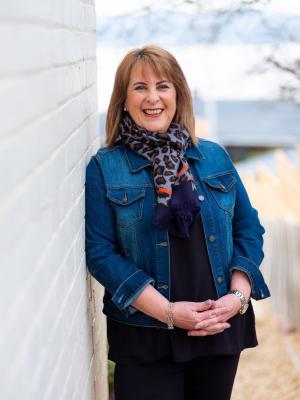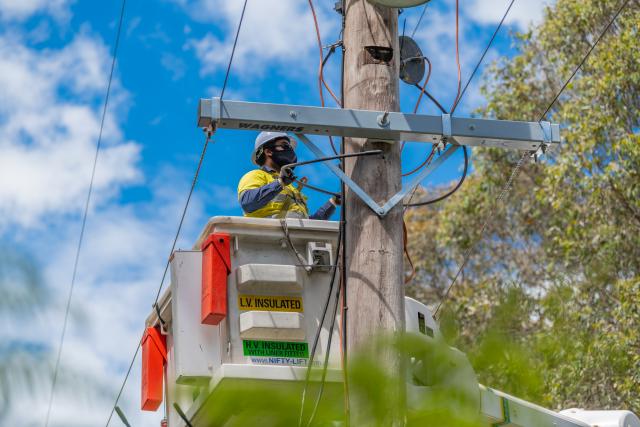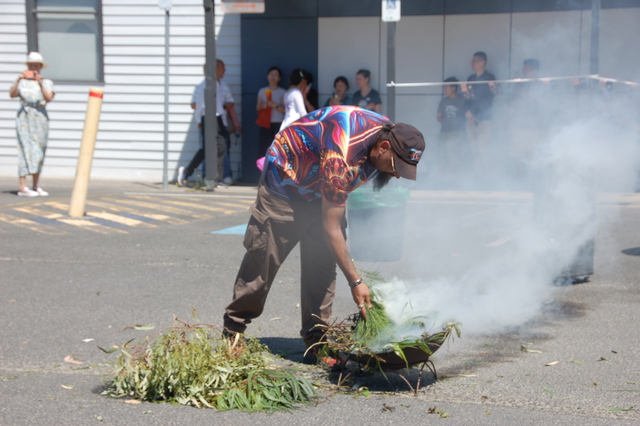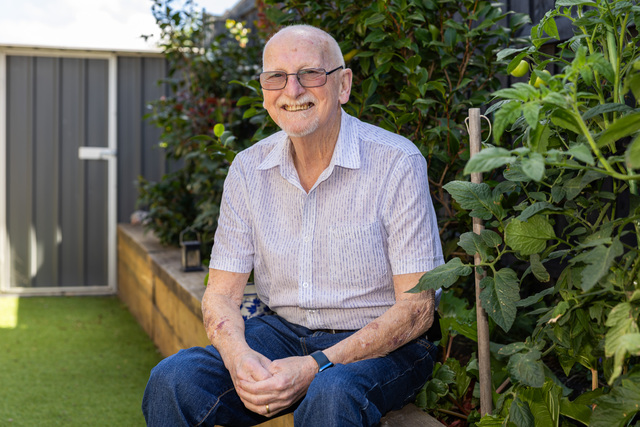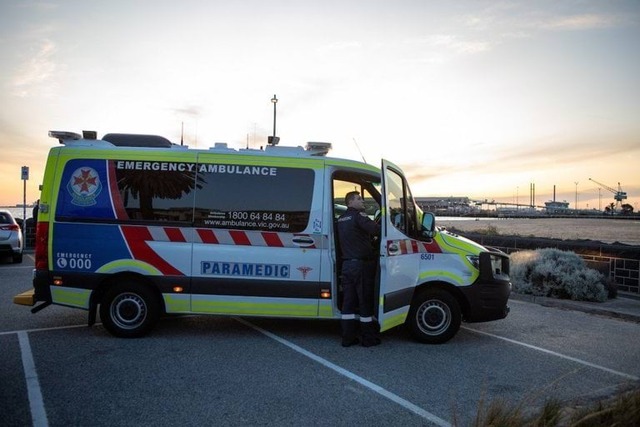The latest lockdown has plunged the south east’s most vulnerable into turmoil, a homelessness agency reports.
Within the shutdown’s first week, Wayss has reported nearly a 300 per cent surge in requests for crisis accommodation.
There were 42 new clients including 16 women and 15 children. In the week prior to lockdown, there were 11.
Wayss chief executive Liz Thomas said the amount of children without a roof was of great concern.
Family violence continued to be a rising factor in homelessness.
In May, nearly 800 family violence reports were referred by police to Wayss.
That’s up 20 per cent compared to a year ago.
It comes on top of a rise in family violence reports to Wayss over the past three years.
According to a Wayss report in May, survivors and perpetrators’ mental health was suffering due to the strain of Covid and lockdown.
Financial strain was being caused by the reduction of JobSeeker, the halting of JobKeeper and the end of the rental moratorium, it stated.
A Wayss spokesperson described the situation as “the culmination of a horrible year that doesn’t have a light at the end of the tunnel right now with the current lockdown”.
Ms Thomas said extra State Government emergency housing funds were required – as occurred during last year’s Covid restrictions.
Now, Victoria’s fourth lockdown seems to be a dagger to the heart of many within the community who are without a roof over their heads or have been forced to access community support for the first time.
Cranbourne Information and Support Services (CISS) has been overwhelmed in the most recent Victorian lockdown, and executive officer Leanne Petrides reaffirmed that cases of domestic violence and mental illness appear to rise with lockdown.
“While emergency relief is a primary reason people contact us the number of people also contacting us for counselling to support them with stress, depression and anxiety, and family violence has increased,” she said.
“All of these seem to increase during lockdown periods.
“Social isolation is another issue – we had just re-opened our Women’s Friendship Cafe on 26 May and a number of very vulnerable women were so pleased to attend.
“That is now on hold again until we can hold groups in line with restrictions,” Ms Petrides said.
She added that this lockdown is similar to those experienced last year in at least one respect.
“As with the previous lockdowns, this particular lockdown has seen an increase in the number of people accessing our service who have not sought services from a community agency previously,” she said.
“Since 27 May, we have assisted 229 households and 14 per cent have been first-time clients.
“The previous lockdowns saw a massive decrease in the number of people on Jobseeker payments needing assistance because those payment had increased significantly.
“People reported a dramatic reduction in their stress levels as they able to afford housing payments, food, car registration and other bills.
“This time around, however, with payments reduced to $620 per fortnight, many are paying well above 50 per cent of their income in housing payments, and are now struggling with other expenses, including food.
“Seven per cent of people accessing our services in this period received no income at all.
“We have also had 15 people who are homeless accessing our service during this most recent lockdown,” Ms Petrides said.
Going back into harsh lockdown restrictions came at a poor time; CISS had just started to move back into the ‘Covid normal’ way of life.
“We had just been able to fully re-open to face-to-face interviews and service delivery, which is preferred by our volunteers and most of our clients,” Ms Petrides said.
“We have now had to revert to phone and email service for all of the support we offer, with the doors opened only in extreme cases, such as family violence and/or homelessness.
“Some of our older staff team have chosen to stay safe at home, which we fully support, which means that on a few days we are short staffed.
“A personal observation is that people – workers and clients alike – seem to be feeling more stressed and (mentally) lower this time around.”
According to the State Government, more than 450 people were “supported” in hotels at the start of the latest lockdown. Homelessness service providers were reimbursed for accommodation in that time.
Housing Minister Richard Wynne said the Government acted “quickly” at the start of the lockdown to “ensure rough sleepers are safe by offering them accommodation”.
The Government has committed $5.3 billion for its Big Housing Build – more than 12,000 social and affordable homes over then next four years.
In the 2021-’22 budget, it allocated more than $193 million on housing and homelessness support.

